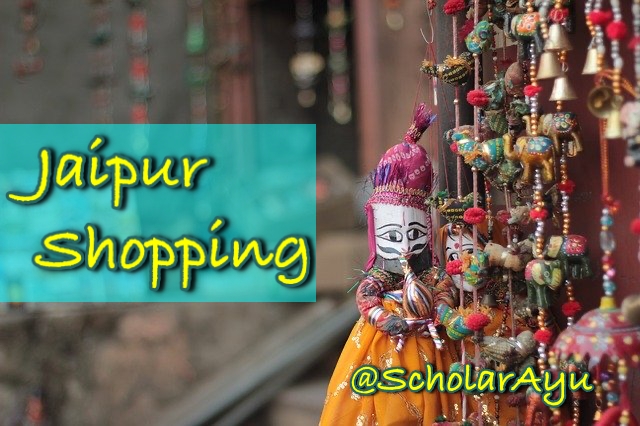Before forming judgements about people and issues, we should first consider what we already know about the matter and people involved. Even if we did have all the rational information, still, some of the specific information is selected to inform these judgements.
We feel discomfort when we observe something inconsistent with our beliefs. It generally motivates us to avoid information that makes us uncomfortable. Like I would tell an example on the same, when we are angry we comfort ourselves by eating our favorite food which helps us to reduce that anger or forget about that situation. We have one way to reduce this by selective exposure.
Consider what happens when we go to buy a house. We do lots of research on our favorite society in which we want to buy, but we decide one house because we like the personality of the salesman, and most important, the environment and the infrastructure. We believe in the builder that he had built that himself and he is not bankrupt like other builders. Once we are done with our purchase we ignore "good" aspects of the house. We didn't choose to reduce the feeling of contradiction. In this, we might also miss the new development and the facilities the other society had. Also, we might avoid any "bad" aspects of our current house choice. We tend to remember information that fits our beliefs better than information that conflicts with our beliefs. We will try to forget about the information that we collected about the other house and will cherish the house of our choice.
Let's take another example just replace the house with a car. Now let's see the perception reality also. What happens after we purchase our car? We tend to notice all the other cars on the road or society like yours. We see the world through this car. Isn't it? If the same happens with you also then comment down below your experiences.
What happens if there was a scandal involving this car manufacturer or house builder who was caught for taxation evasion or cheating?
At first, we will neglect this information as "fake news." And we will drive our car in support of him. Because we love our car and that has become part of our identity.
Then we hear that the manufacturer had overstated the car's fuel efficiency or the builder has overstated the society facilities in which we took the house. Then we comfort ourselves that fuel efficiency or society facilities aren't the only reason we bought the car or house.
The more invested we are in our decisions, such as buying a car, buying a house, choosing a college, or anything else, the more likely we will select the information that verifies our choice. However, do we consider ourselves as 'expert' on buying a car, house, or choosing a college? Probably not. But yes there are possibilities we might consider ourselves experts in our particular car, house, or college. We comfort ourselves by saying we bought a particular thing after doing complete market research.
We always access previous information on a topic in making judgements about our current situation. Our 'gut' validated by the evidence we hold in memory rather than by some new process. Such as if you go for buying a pair of jeans and the cost is low of the product then trusting your gut is fine. But if the cost is high, like choosing a house, car, college, deciding a job, or anything which will have a greater impact on your life, then an objective search for information is necessary.
Although, judging people on issues may not be too costly for us, the emergence of "trusting our gut" can have a lasting impact not only on how we judge our policies and future voters but also on how we interact with others in the community.
Do follow me on
Instagram - scholarayu
Twitter - @ScholarAyu
YouTube - ScholarAyu Official
Facebook - ScholarAyu.Official
Spotify - ScholarAyu
Pinterest - ScholarAyu
Stay tuned for upcoming exciting blogs.
Comment, share and subscribe to my blog if you like the content.
Instagram - scholarayu
Twitter - @ScholarAyu
YouTube - ScholarAyu Official
Facebook - ScholarAyu.Official
Spotify - ScholarAyu
Pinterest - ScholarAyu
Stay tuned for upcoming exciting blogs.
Comment, share and subscribe to my blog if you like the content.








3 Comments
I completely agree with your concluding points. The impact does remain longer so best is not judge or form opinions without knowing the background reality👍💟
ReplyDeleteSo damn truee...❤keep posting!
ReplyDeleteAwesome post
ReplyDelete